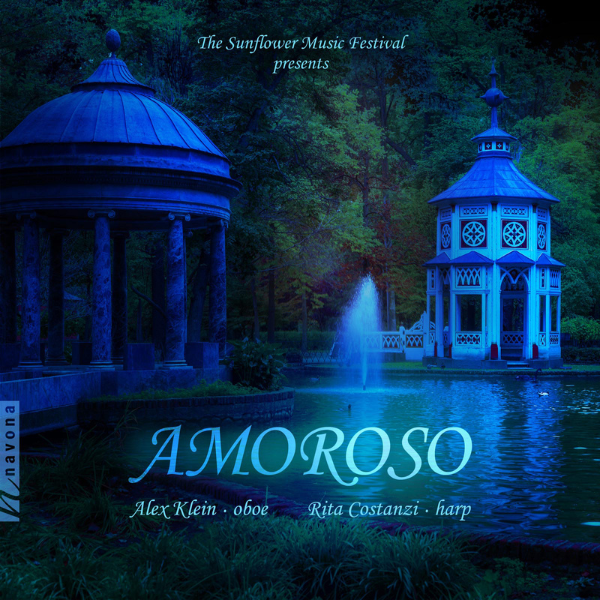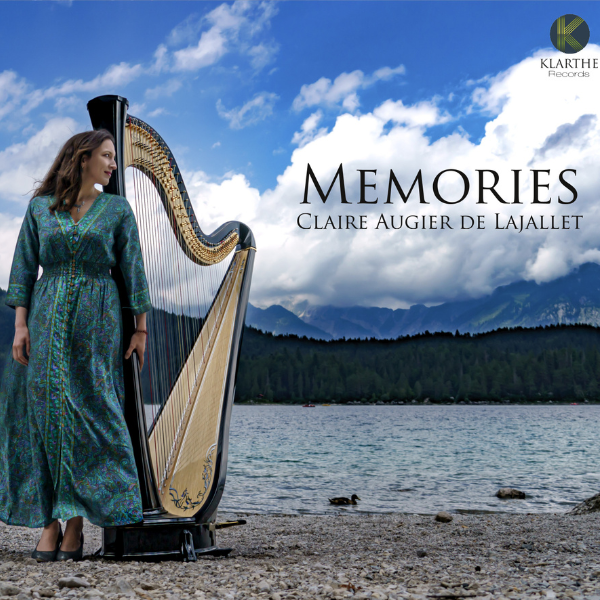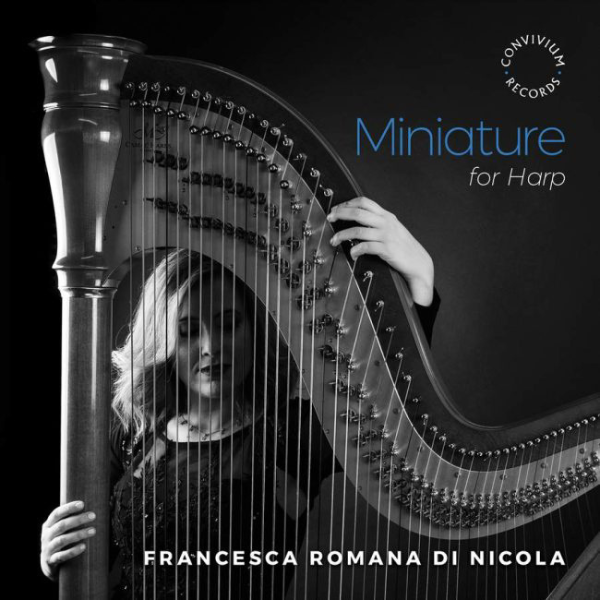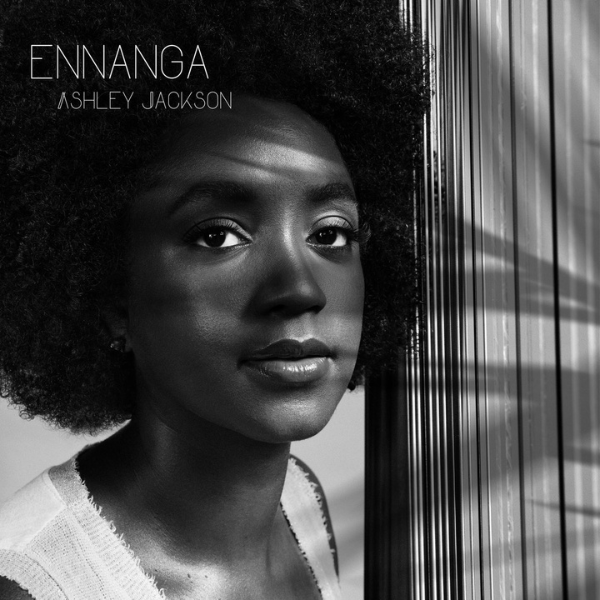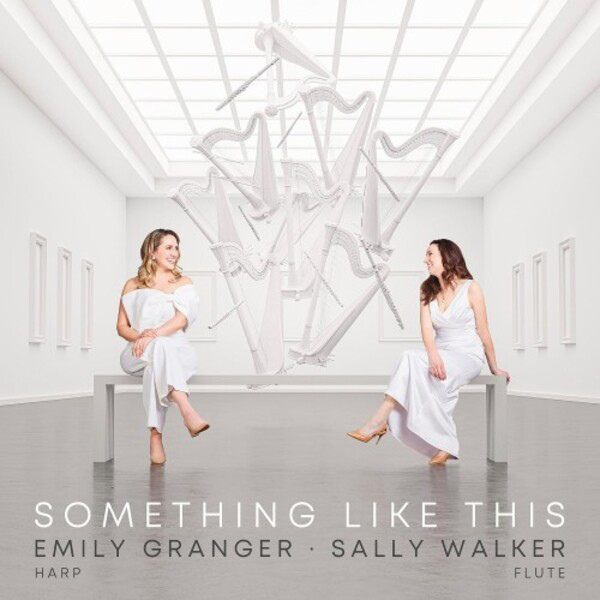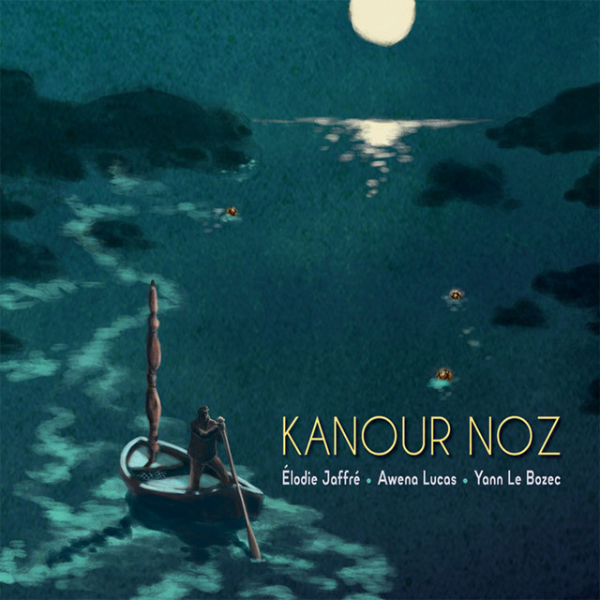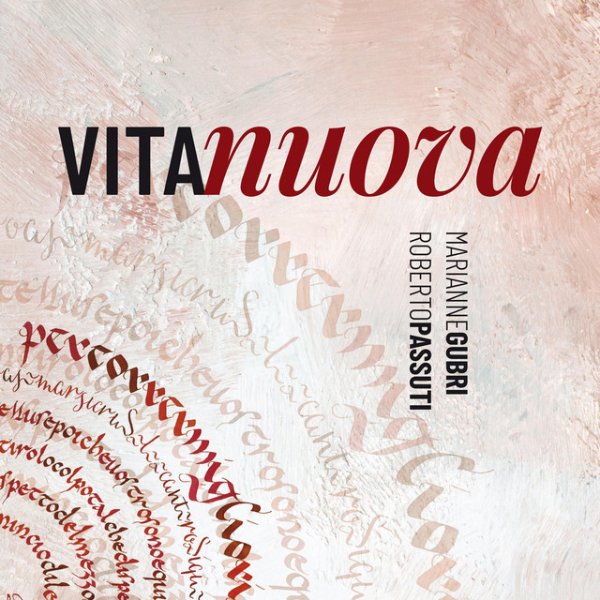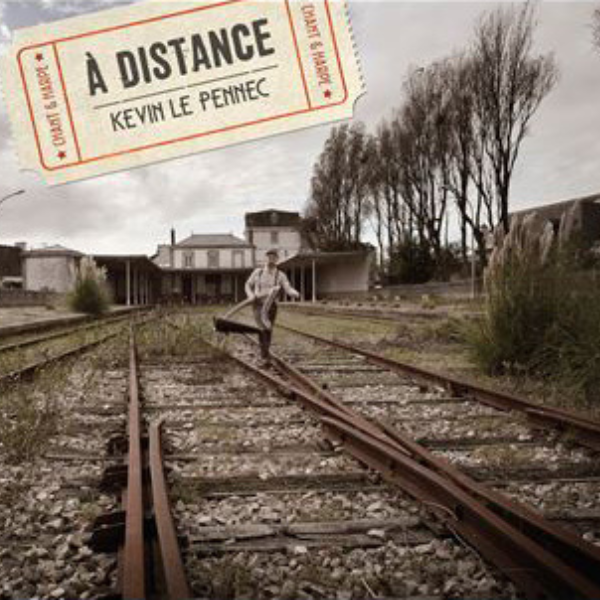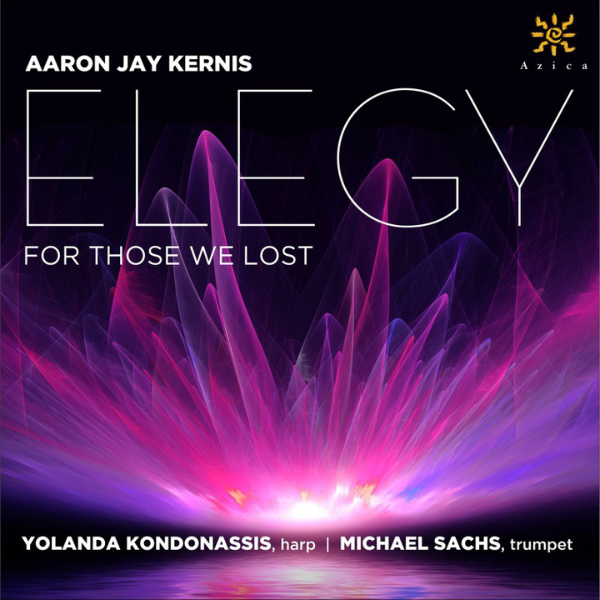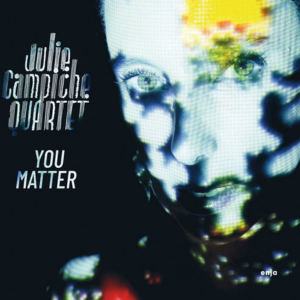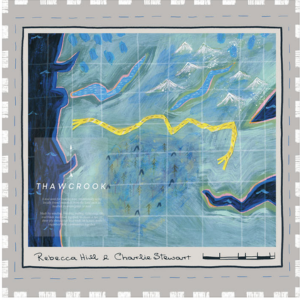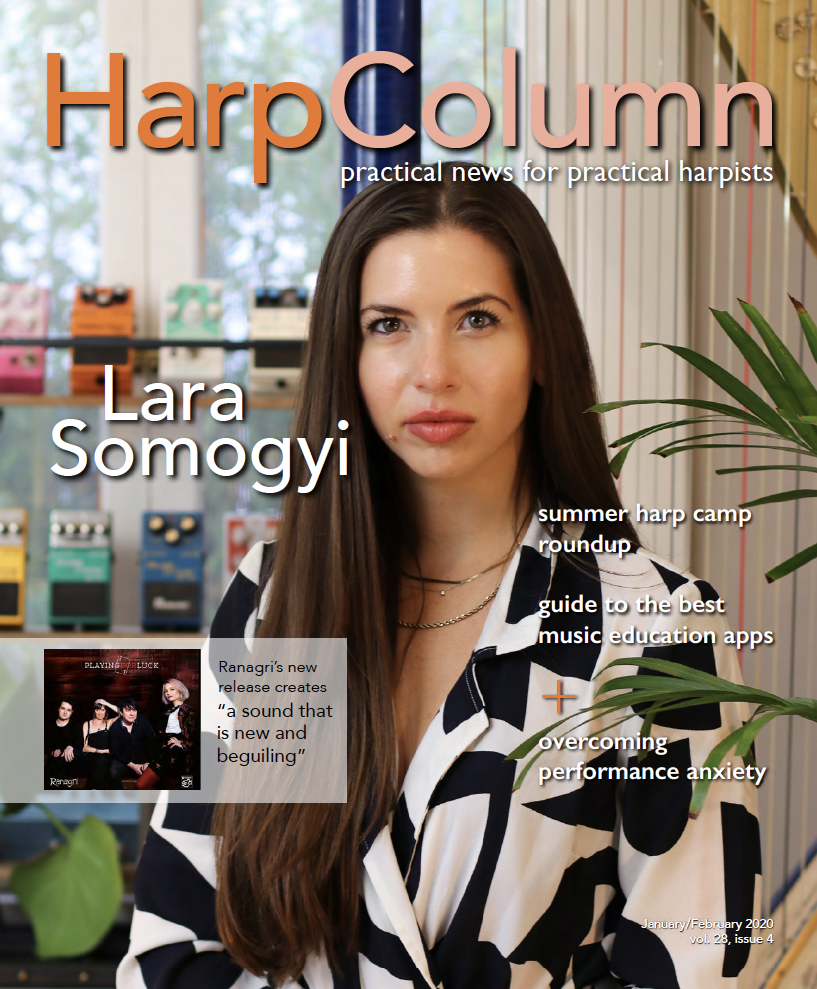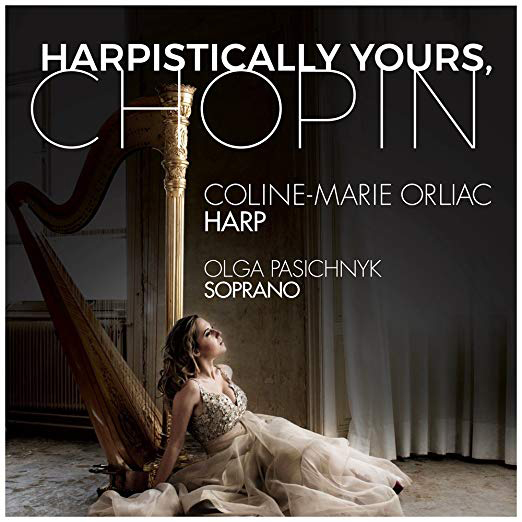
8/10
Coline-Marie Orliac, harp; Olga Pasichnyk, soprano. Hello Stage, 2018
“I wish I could throw off the thoughts which poison my happiness. And yet I take a kind of pleasure in indulging them.”
A composer who defined what it meant to be a Romantic, one who wrote pieces that captured the very soul of his instrument and of the era in which he lived, said this: Frederic Chopin. It’s hard to overstate the influence Chopin had on music in his life—albeit a short one filled with heartbreak and an illness that would take this genius from the world. Stop to think for a minute of how only 30 concerts in 30 years could make the sort of impression on the music that would be created after Chopin. Then consider that there is likely not a person in the Western world who can’t hum at least a few bars of one of his pieces.
So it must be tempting to co-opt this reflective, rich, contemplative, and indeed indulgent piano music and add it to the harp repertoire. Does it work? This is what French harpist Coline-Marie Orliac sets out to establish in her debut album Harpistically Yours, Chopin. She succeeds in making her case, using her instrument to express the luxurious extravagance of a moment in time.
Orliac started her musical journey as a pianist and mentions the day she was given a Chopin Nocturne to learn. She realized in that assignment that now she had crossed the threshold to becoming not just a player of an instrument, but a musician. It’s clear she shows great respect and care for Chopin, lingering on each phrase, inviting the listener inside an intimacy that might have the chance to surpass any gentleness capable on a grand piano. This is particularly successful in the two very short Nocturnes where she is able to linger over phrases in such a way that it sounds as though her tone does not decay, but does exactly the opposite—crescendoing in a long, legato line, in a phrase to make you swoon.
All of the arrangements are original to the artist, and she admits they present some cumbersome problems. Chopin dwells in the land of chromaticism, requiring compromises and fast pedal changes. Orliac manages them with ease, though I did feel there was sometimes a lurching that affected the overall arc. In the Ballade, she is at her best when the juices are flowing and the tempo moves forward. With technique to burn, the interpretations may have benefited from less contemplation throughout replaced by allowing the music to speak for itself. The less said can often be more effective.
Unique to this album besides music that is rarely heard on the harp, are songs rarely heard anywhere. The scintillating Ukrainian-Polish soprano Olga Pasichnyk brings a seriousness to the project, her warm voice and spot-on pronunciation of the susurrus Polish a pleasure to the ears. Orliac explains that her decision to use voice on her debut album and placing the harp in a more accompanimental role was due to her having studied voice in Vienna, this right after obtaining a harp degree at the Curtis Institute. This small detail is a glimpse into Orliac’s musical disposition—she is an artist curious and willing to broaden her perspective. She says she “sings” with her fingers and that is obvious in the manner she expresses this music after being in close proximity to a singer. This occurs most notably in The Messenger where Chopin gives the harp space to comment on the words, “Is she well and laughing, is she sad and crying?”
Orliac calls Chopin her oxygen and this album breathes pure air into a field crowded with the ordinary. It’s life-sustaining elegance.






